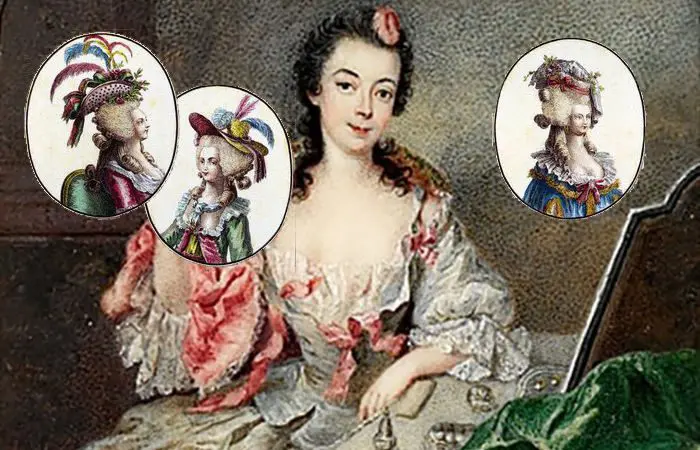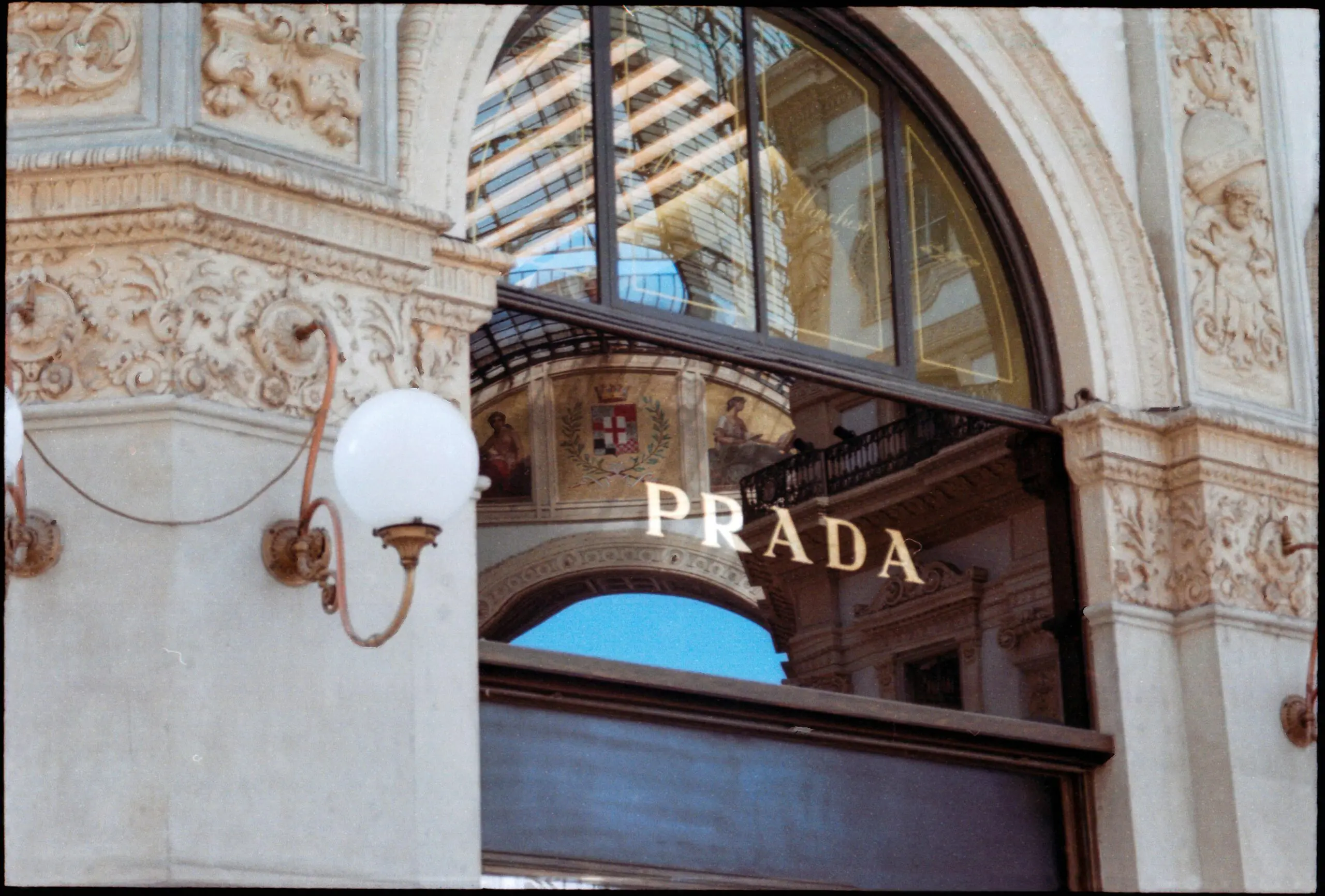Rosa Bertin remains loyal to the executed queen
The last queen of France before the French Revolution, Marie Antoinette, will go down in history as an immoral, extravagant and empty-headed foreigner involved in many palace intrigues and scandals. On the contrary, her letters and speeches before the Tribunal, before her execution, present her as a strong, well-read woman, a devoted wife and mother who accepts her death with dignity.
She may have been extravagant in some of her typically feminine shopping and whims, but at the end of her life, Marie Antoinette shows another image that confuses even the hated crowd on the streets of Paris. When she stands on the balcony of the palace alone against the muzzle of the weapons, people are so stunned by her courage that they start shouting “Long live the queen! ..”
Marie-Antoinette’s life is dramatic. This is the story of a woman whose soul we don’t really know. What we don’t know about her yet is that she had close people she didn’t like to be known for – she kept them jealously close to her. In her hostile environment, where she was hated as the “Austrian”, the queen needed her trusted people. One of them was Rosa Bertin – her seamstress for 20 years. Ie throughout the life of Marie Antoinette in the French court, until her execution when she was not yet 38.
Marie-Antoinette arrived in France in 1770. Shortly afterwards, she was introduced to the young Rosa Bertin, who was now a well-known fashion designer and had her own shop.
The ladies of Versailles used her services and recommended her to the queen. Marie-Antoinette liked Rosa’s style – it was distinguished by elegance, in a slightly extravagant manner for the time. She totally liked that. For her part, Rosa Bertin tried to create such outfits for her that Marie-Antoinette would become a role model for all fashion ladies in Paris.
Rosa Bertin is the author of models with oval skirts up to 3 meters wide, in which women look majestic.
In order to “elevate” the ladies even more over their gentlemen, and thus give them superiority, the fashion designer invents hairstyles with high and complex shapes.
Rosa Bertin’s hair projects were strictly followed by the court hairdresser Leonard. She personally insisted on seeing the result because she saw the female head as the end of the ensemble performance of her models. At one point, Rosa Bertin started doing hairstyles, and she turned out to be quite skilled at that as well. She came up with the idea for “frigate” hairstyles.
Later Rosa Bertin abruptly changed her style. Instead of gorgeous, heavy and pompous dresses, she started making simpler and lighter dresses with fabrics in gentle tones. It also changes the fashion in hairstyles – it replaces the huge “domes” with light curls with curls. However, most councilors in the court did not like the portrait of the queen in her new style – they thought that this look humiliated her to the common people. The portrait of Marie-Antoinette in a white muslin dress is literally “taken off the wall”.
At the same time, she is accused of squandering clothes and jewelry. She is involved in an intrigue with her enemy, who, misled by malevolent courtiers, was forced to buy an expensive tiara for the queen in advance. Marie-Antoinette was the last to know.
Rosa Bertin is the man who, through some of her clients, court ladies, learns the truth and unravels the intrigue aimed at hurting the queen.
In January 1787, rumors spread through Paris that the celebrated fashion merchant Rose Bertin had filed for bankruptcy, with debts amounting to two or three million livres. Despite her notoriously high prices and rich clients, this news came as no shock to Parisians, for aristocratic tardiness in paying bills was equally well known. High-ranking observers, who resented Bertin’s arrogance and unprecedented access to the queen, seem to have greeted the news with spiteful acclaim. As the baronne d’Oberkirch wrote: ‘The empire of fashion is experiencing a great cataclysm. Mademoiselle Bertin, so proud, so high, so insolent even, who worked with Her Majesty, mademoiselle Bertin displaying on her bills in large letters: Fashion merchant to the queen; mademoiselle Bertin has just gone bankrupt. It is true that her bankruptcy is not at all plebeian, it is the bankruptcy of a great lady, two million! […] We are assured that mademoiselle Bertin will cede to all the tears and continue her business.’ (Suzanne Burkard, ed. Baronne d’Oberkirch, Memoires de la Baronne d’Oberkirch sur la cour de louis XVI et la société française avant 1789 (Paris: Mercure de France, 1989), p. 187).
By order of Marie-Antoinette, the fashion designer began to make dolls with her image, as a gift to relatives and friends of Her Highness. With the help of these dolls, Bertin also promoted her new fashion trends. The dolls soon became famous throughout Europe.
During the French Revolution, frightened by the events and because of her popularity as close to the French court and personally to the Queen, Rosa Burtin fled to London. He remained in the English capital until his death. He died at the age of 66.
Illustration: Portrait of Rosa Bertin







